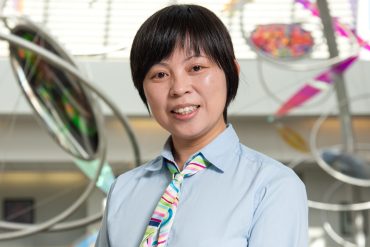Chemical and Synthetic Biology Lab for Waste Valorization and Pollutant Remediation
Susie Dai Lab
Research Interests
The Dai lab integrates chemistry and biology to advance biosynthesis, bioremediation, and resource recovery. Current research focuses on:
- Integrate chemical catalysis (i.e., electrocatalysis) with synthetic biology to produce platform chemicals
- Develop chem/bio hybrid materials to empower microbiology for pollutant removal and resource recovery
ABOUT THE LAB
Our generation is facing daunting energy and environmental challenges. We need efficient, low-cost, and minimum environmental footprint systems for chemical synthesis and pollutant elimination. Biological systems have evolved a balanced yet inefficient way to harness energy and transform matter to perform all natural reactions. Innovations to accelerate mass transfer and reaction rates and supply enough energy and materials hold the key to creating sustainable alternatives to energy- and chemical-intensive processes. The Dai lab focuses on the following research aspects:
- They engineer and integrate biological systems and chemical processes to remove and remediate emerging contaminants such as the forever chemical, PFAS. The lab further utilizes systems biology platforms to identify the optimal bio-remediation conditions and elucidate the mechanisms to guide more efficient bioremediation.
- Natural photosynthesis cannot harvest enough solar energy for current global energy consumption, as the majority of photosynthesis inputs are used toward agriculture and infrastructure, such as food, fiber, and lumber. Their goal is to bypass photosynthesis to reach a higher energy conversion rate and product yield. The lab integrates electrocatalysis and synthetic biology for high-value product synthesis, such as bioplastics and fuels.
- Environmental contaminants present health risks to human populations depending on the exposure routes. They engineer treatment systems and work with communities to remove the contaminants and reduce pollutant exposure.
LAB MEMBERS
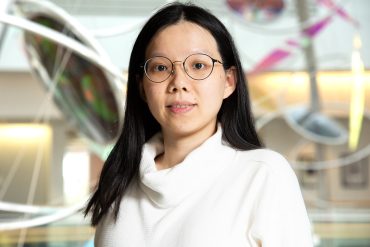
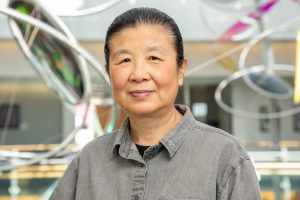
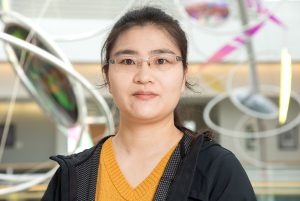
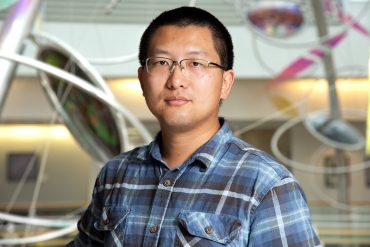
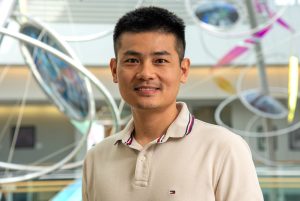

Research Topics
-
Artificial intelligence
-
Deep learning and AI for biological data
-
Environmental Microbiology
-
Fatty acid biosynthesis
-
Machine learning
-
Metabolic pathway engineering
-
Metabolic pathways and mechanisms
-
Multi-omics and bioinformatics tools
-
Synthetic Biology
-
Artificial intelligence
-
Deep learning and AI for biological data
-
Environmental Microbiology
-
Fatty acid biosynthesis
-
Machine learning
-
Metabolic pathway engineering
-
Metabolic pathways and mechanisms
-
Multi-omics and bioinformatics tools
-
Synthetic Biology
